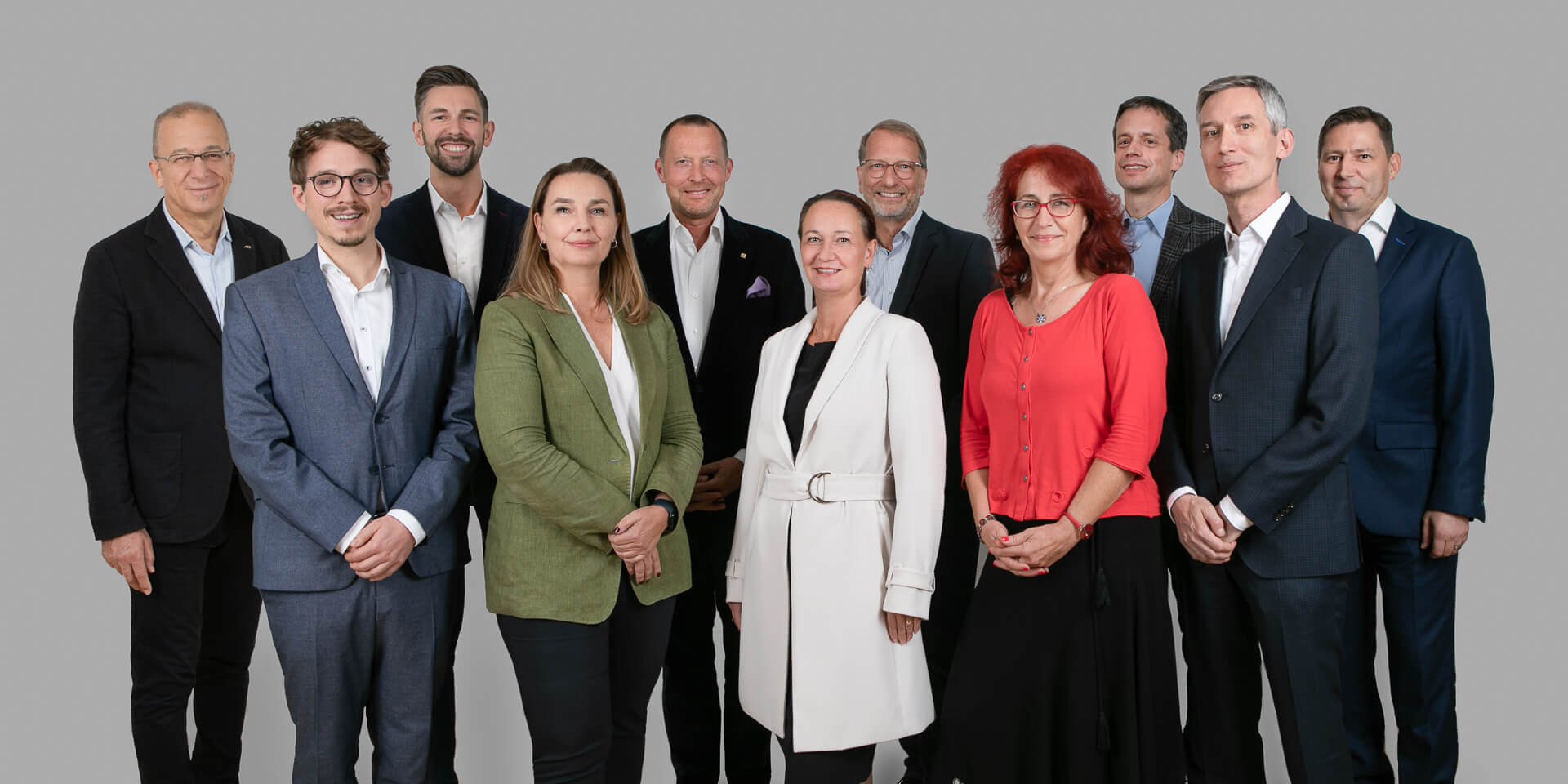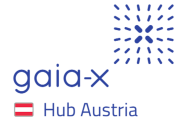„Gaia-X Hub Austria – Domain Energy“
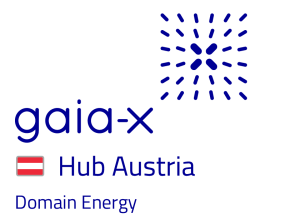
The energy market has undergone significant transformation in recent years due to the diversification of market participants, the introduction of new players, and ongoing digitalization. Traditionally, the market was dominated by large energy utilities, but liberalization and the energy transition have fundamentally altered the market landscape. Not only has the number of energy service providers increased, but developments toward aggregators and prosumers (consumers who are also producers) have opened up a wide field for new digital business models in the energy market. Digitalization has driven market communication and the implementation of smart grids, enabling additional new players, such as IT companies, to enter the energy market. With the rise of decentralized energy generation, consumers are now able to produce energy themselves and share or sell any surplus. Concepts such as energy sharing, based on renewable energy communities, allow various groups of stakeholders to participate directly in utilizing renewable energy, leading to further diversification of market participants. Regional and municipal initiatives related to energy infrastructure, such as citizen energy communities, should not be overlooked in this context.
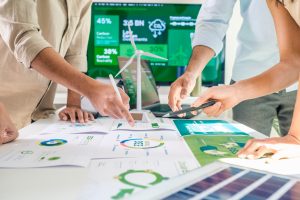
(c) gettyimages
New market processes enable and require the efficient use of available data while also leveraging additional data sources, such as sensor and IoT data, weather data, or mobility data. This is where so-called data spaces come into play. Data spaces facilitate secure, structured, and controlled data storage, management, and exchange. Their primary goal is to enhance the sovereignty of data owners. Participants in data spaces can determine who has access to their data and under what conditions.
This is complemented by transparent and traceable protocols that build user trust and promote compliance with data protection regulations.
The challenges in the energy sector clearly lie in utilizing data from all participating stakeholders. Interoperability between market participants, such as private households, energy providers, or technology companies, as well as their respective systems, leads to efficient market processes that benefit all parties involved. The previously mentioned new business models—such as peer-to-peer energy trading, dynamic tariffs, predictive models for energy production and consumption, or integrated services like smart home solutions and energy efficiency consulting, as well as creating transparency regarding the origin and consumption of energy to achieve sustainability goals—are desirable targets within the energy domain.
Networking with organizations involved in current flagship projects in research and industry, standardization initiatives, as well as startups and innovative thinkers in this research field, remains a key focus for this domain.
